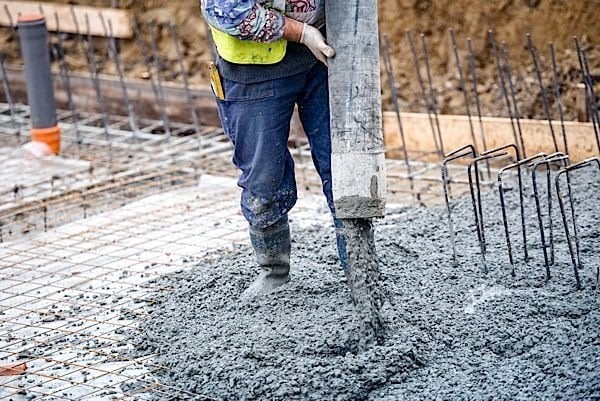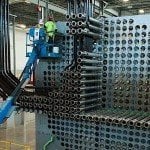Various business and industry groups have come forward to offer congratulations and statements of good intentions to the new Liberal government. At least one group, Canada’s largest private sector union, is unabashedly jubilant over the defeat of the Conservatives. Unifor issued a statement in which Jerry Dias, the national president, said it celebrated the defeat and would hold the Liberals accountable for the commitments they made to improving the Canada Pension Plan and the country’s health care.
The automotive suppliers industry followed the more polite conventions and issued a short statement of congratulation, at the same time reminding the prime minister designate of the industry’s importance to the economy, employing 80,000 workers and contributing $24 billion to GDP.
While the energy sector may be understandably wary of a prime minister with the name Trudeau, the Canadian Association of Petroleum Producers said diplomatically that it would work “constructively” with the new government to advance initiatives that are important for the energy industry and for Canada.
Enthusiasm in the construction and infrastructure sectors is higher. These sectors stand to see big spending in coming years, after the Liberals pledged to spend an additional $60 billion over ten years, to a total of $125 billion. The money will go to updating roads, bridges, railways, wastewater facilities, clean energy, social housing, and various other infrastructure areas. According to the Liberals, it will be the biggest investment in new infrastructure in Canada’s history, enough, by some estimates, to boost the country’s GDP next year by 0.5 per cent. Stocks in engineering firms like SNC-Lavalin, and Aecon Group rose 1.4 per cent and 5 per cent respectively on Tuesday, the day after the election. According to Reuters, eight of the Toronto Stock Exchange’s ten main groups rose, even energy stocks.
The cement industry, which has a huge stake in all of this infrastructure spending, was careful to point out in its congratulatory statement that it is committed to “sustainable infrastructure.” The Cement Association of Canada (CAC) said that it agrees that putting a price on carbon is “an essential first step” in the implementation of a “low carbon future.” The cement industry is a strong proponent of collaboration, it says, and it stands ready to do its part in addressing the challenge of climate change.
At the same time, the Canadian Construction Association (CCA) expressed satisfaction that a majority government will provide stability and certainty regarding infrastructure promises, but it also cautioned against too much red tape or lengthy approvals processes getting in the way of infrastructure initiatives before they get off the ground.
Toronto and other cities have great expectations from the promised infrastructure spending, especially in the transit area. Mayor John Tory of Toronto said there was “reason for optimism” on the transit file, referring particularly to his own SmartTrack scheme, which the Liberals pledged to support with $2.6 billion. Another $2 billion was pledged to expand GO Train service in the GTA.
In addition to transit, one of Toronto’s biggest needs is huge investment in social infrastructure, especially social housing. Toronto Councillor Ana Bailao told CBC news that the city needs $864 million just to repair existing community housing, money she expects to see “trickling down” in the next few years.
Canada’s cleantech sector is also expecting positive change with the new government. The Liberals promised $200 million a year in additional funding for the sector and said they would collaborate with the private sector, provincial and territorial governments, as well as research institutions to create sector-specific strategies that support clean technologies in the forestry, fisheries, mining, energy, and agricultural sectors.



































